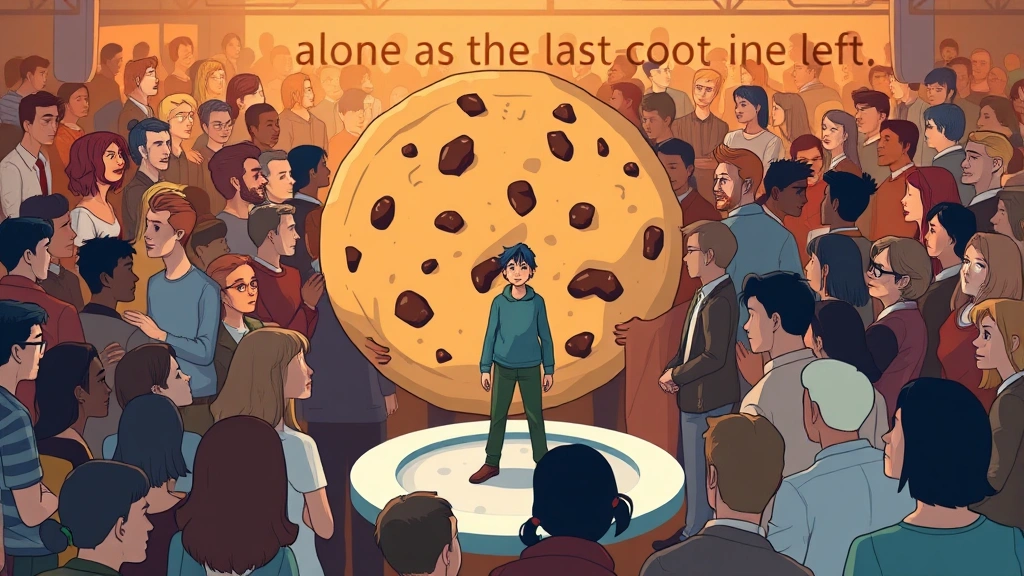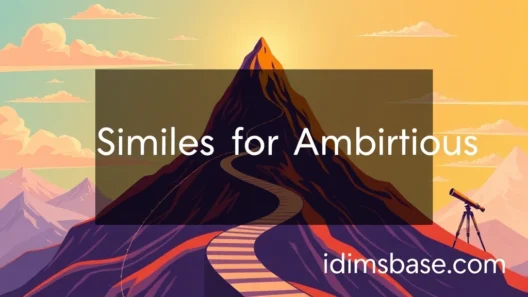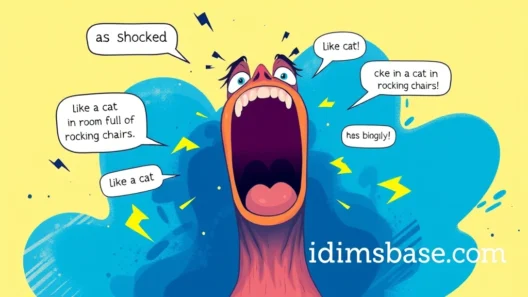Ever felt like you were the only one in a crowded room, or perhaps the last cookie on the plate? It's a feeling we all experience sometimes, that unique sense of being "alone." But how do you truly capture that feeling in words, paint a vivid picture for someone else to understand? That's where similes come in, those fantastic literary tools that compare two unlike things using "like" or "as." They transform a simple description into something memorable, relatable, and even profound.
Imagine trying to explain the feeling of loneliness without using a simile. You might say, "I felt lonely." And while that's true, it doesn't quite hit home, does it? But what if you said, "I felt as alone as a lighthouse in a storm"? Suddenly, you’re not just stating a fact; you’re creating an image, evoking an emotion, and inviting the reader into your experience. Pretty cool, right?
In this article, we're going to dive into the wonderful world of similes for "alone." We’ll explore a variety of comparisons that perfectly encapsulate that solitary feeling, from the subtle to the dramatic. Get ready to expand your descriptive vocabulary and truly master the art of expressing solitude!
Why Similes for "Alone" Matter
You might be thinking, "Why bother with similes when I can just say 'alone'?" Great question! Here's the deal:
- They add depth: Similes transform a flat statement into a multi-dimensional description. They allow you to convey not just the state of being alone, but also the quality of that aloneness – is it peaceful, desolate, vast, or poignant?
- They create vivid imagery: Our brains love pictures! When you use a simile, you're essentially giving your reader a snapshot of what "alone" looks or feels like to you.
- They evoke emotion: By comparing "alone" to something relatable, you tap into shared human experiences and emotions, making your writing more impactful and resonant.
- They make your writing sparkle: Let's be honest, well-placed similes make your writing more engaging, more memorable, and simply more enjoyable to read. They show creativity and skill.
A Collection of Compelling Similes for Alone
Let's explore some fantastic comparisons that will help you articulate that feeling of solitude with precision and flair.
H3. Similes for Utter Isolation
These similes emphasize a complete and profound sense of being by oneself, often with a hint of vastness or abandonment.

- As alone as a lighthouse in a storm: This simile paints a picture of a solitary beacon steadfastly standing against overwhelming forces, highlighting its isolation and resilience. It’s perfect for describing a feeling of being the only one holding strong amidst chaos.
- Like the last leaf on a winter tree: Imagine a single, defiant leaf clinging to a bare branch, all its companions long gone. This evokes a sense of vulnerability and impending finality, a poignant aloneness.
- As solitary as a desert island: This brings to mind vast stretches of emptiness, with no one else in sight. It's great for depicting a feeling of complete separation from humanity.
- Like a single star in a black sky: The sheer expanse of the cosmos accentuates the isolation of that one twinkling point. It suggests a profound and almost beautiful solitude.
- As alone as the moon in the night: Similar to the star, but with a grander, more dominant presence. The moon, though bright, is always solitary in its celestial journey.
H3. Similes for Emotional or Spiritual Aloneness
Sometimes, being alone isn't about physical presence but a deeper, internal feeling of disconnection.
- As alone as a thought in a silent mind: This simile speaks to an internal solitude, where even your own thoughts feel isolated and unheard. It suggests introspection and a lack of external validation.
- Like a whisper in a hurricane: Your voice, your presence, your very being feels insignificant and unheard amidst overwhelming external forces or noise.
- As isolated as a secret unshared: There's a burden to carrying something deeply personal and not being able to share it, creating a unique kind of emotional aloneness.
- Like a forgotten melody: This evokes a sense of being once vibrant and full of life, now fading into obscurity, unheard and unremembered.
- As solitary as a dream recalled in waking: Dreams are intensely personal experiences, often difficult to fully convey to others, making them a perfect metaphor for a feeling of unique, internal aloneness.
H3. Similes for Aloneness in a Crowd
This is a particularly poignant type of solitude, where physical presence doesn't alleviate the feeling of being apart.
- As alone as a ghost in a bustling city: You're there, you're present, but you feel unseen, unheard, and unable to connect, just like a spectral presence.
- Like a mime in a noisy street: You're performing, you're visible, but your message isn't being received in the cacophony around you, highlighting a communicative isolation.
- As isolated as a single chair in an empty hall: Even if there are other chairs, the vastness of the hall emphasizes the singular nature of that one chair. In a crowd, you can feel like that one distinct, unintegrated element.
- Like a fish out of water at a dance party: You're physically present, but entirely out of your element, unable to participate or connect with the surrounding activity.
Table: Similes for Alone – A Quick Reference

To help you quickly choose the perfect simile, here's a handy table summarizing some of our favorites and their nuances:
| Simile | Nuance Conveyed | Best Used For |
|---|---|---|
| As alone as a lighthouse in a storm | Utter isolation, resilience, standing against odds | Describing someone feeling completely by themselves in a challenging situation, or a sense of steadfast, singular purpose. |
| Like the last leaf on a winter tree | Vulnerability, poignant finality, abandonment | Expressing a fragile, almost mournful sense of aloneness, or being the last remaining element of something. |
| As solitary as a desert island | Complete physical separation, vast emptiness | When the feeling of being alone is about sheer distance from others, or a profound lack of human presence. |
| Like a ghost in a bustling city | Unseen, unheard, disconnected in a crowd | For those moments when you are physically surrounded by people but feel utterly invisible or unable to connect. |
| As isolated as a secret unshared | Emotional burden, internal disconnection | When the aloneness stems from carrying a heavy personal truth that cannot be revealed. |
Key Takeaways
- Similes are powerful: They transform simple descriptions of "alone" into vivid, emotionally resonant experiences.
- Context is key: The best simile for "alone" depends on the specific nuance you want to convey – whether it's physical isolation, emotional disconnection, or feeling alone in a crowd.
- Variety is the spice of writing: Don't stick to just one! Experiment with different similes to add richness and depth to your prose.
- Practice makes perfect: The more you observe the world and play with comparisons, the better you'll become at crafting compelling similes.
FAQ: All Your Questions About Similes for Alone Answered!
Q1: What is the main purpose of using a simile for "alone"?
The main purpose is to add depth, imagery, and emotional resonance to the description of being alone. Instead of just stating a fact, a simile helps the reader feel or visualize the specific kind of solitude being described, making your writing more impactful and memorable.
Q2: Can similes for "alone" be positive?
Absolutely! While many of the examples focus on a more somber or isolated feeling, similes for "alone" can certainly convey peace, introspection, or even strength. For example, "as alone as a monk in meditation" suggests a peaceful, chosen solitude. The context and the object of comparison determine the tone.
Q3: How do I choose the best simile for my writing?
Consider the specific emotion or nuance of "alone" you want to convey. Is it a feeling of vastness? Vulnerability? Disconnection in a crowd? Once you've pinpointed that, think of objects or situations that inherently embody that feeling. For instance, if you want to convey vastness, think of deserts, oceans, or space.
Q4: What's the difference between a simile and a metaphor when talking about "alone"?
The key difference lies in the comparison. A simile compares two unlike things using "like" or "as" (e.g., "as alone as a desert island"). A metaphor directly states that one thing is another (e.g., "He was a desert island," implying he embodied complete isolation). Similes are generally more direct and easier to understand for a broader audience.
Q5: Are there any common pitfalls to avoid when using similes?
Yes! Avoid clichés where possible (though sometimes they can be effective). Also, ensure your comparison makes sense and doesn't confuse the reader. The two things being compared should have a clear, relatable connection, even if they are fundamentally different. Don't force a simile if it doesn't naturally fit the context.
So, the next time you find yourself wanting to describe that unique feeling of being "alone," don't just state it. Reach for a powerful simile and let your words paint a picture that truly resonates. What's your favorite simile for alone? We'd love to hear your thoughts and creative comparisons in the comments below!







